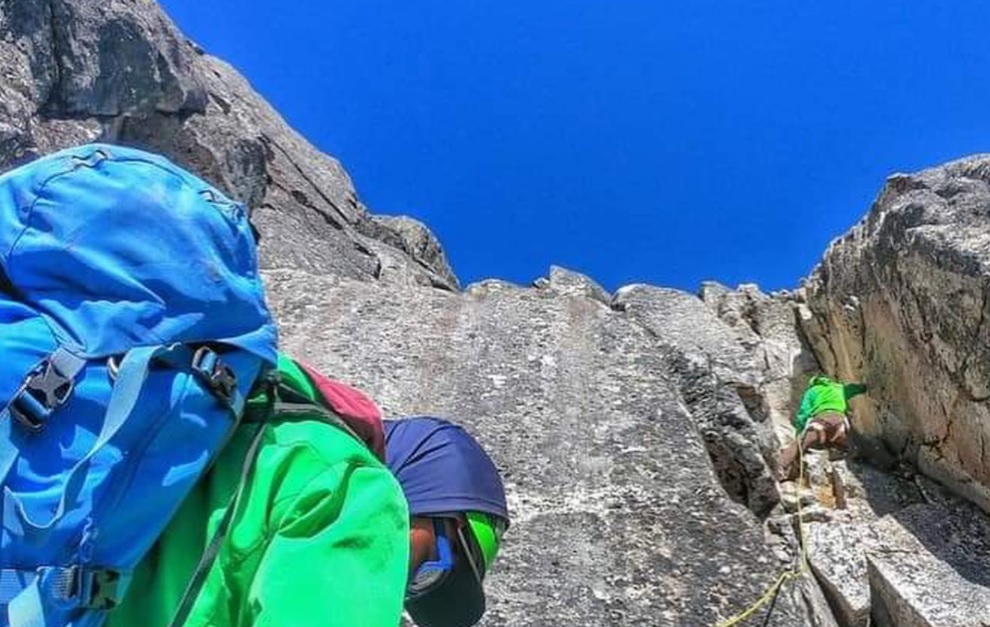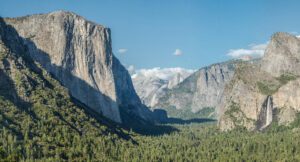Sherpa Team is First to Summit Nepal’s Luza Peak
The climb was part of Project Luza Winter and was made by four Sherpas from the village of Phortse

Luza Peak is a 5,726-metre mountain in Nepal’s Khumbu that was recently climbed for the first time by a team of Sherpa from Phortse at 3,840 metres. The village is home to the most Everest summiteers with over 80.
The climbers were Pemba Sharwa Sherpa, Urken Sherpa and Lhakpa Gyaljen Sherpa. Urken had previously fixed on K2 and Ama Dablam, and has experience on Lhotse, Manaslu and Everest.
The climb was part of Project Luza Winter, which Pemba said was to “send a clear positive message to the climbing community and the rest of the world that Sherpas don’t just climb to earn a living. They do climb for themselves as a passion, hobby and self growth via this project. Climbing has been a way of life for us and has taught us so many things to make our life easier.”
They climbed an all-trad route up the southeast face to a ridge and the summit. From the summit, they could see Everest, Lhotse, Makalu, Cho Oyu, Pumori, Changtse, Lola, Nuptse, Baruntse, Ama Dablam and Tengkrekitau. Pemba started in 2012 on an expedition to Everest and has since climbed Ama Dablam, Lhotse and Manaslu.
The climb was supported by a number of climbers, including Conrad Anker, who said, “Great to see this team climb a peak that has cultural significance to their community. The route looks to be a classic. The global pandemic has severely affected tourism in Nepal. That these there young men are out there climbing is a reflection for the passion they have for climbing.”
Pemba wrote about their objectives and goals here: “To practice and promote eco friendly expedition and sustainable climbing (Leave no trace climbing); provide a positive message to the climbing community and the rest world that we, Sherpas don’t just climb to earn a living. We climb for ourselves as a passion, for fun, as a hobby and self growth; raise awareness about sustainable climbing, global warming & climate change and its impacts bearing in mind our experience on Luza peak; promote the untouched, unexplored and unclimbed peaks of Nepal and winter tourism following necessary protocols; motivate newer generation of Sherpa youths and climbers to explore new routes and new peaks. Overall we had a very productive expedition on Luza peak, exploring new possible routes, revising our technical skills, sharing our knowledge and skills and helping each other.”


